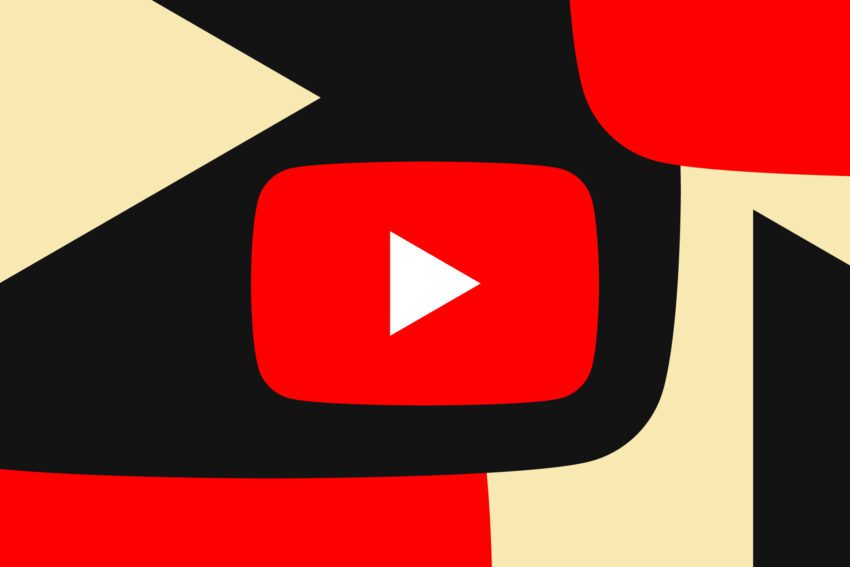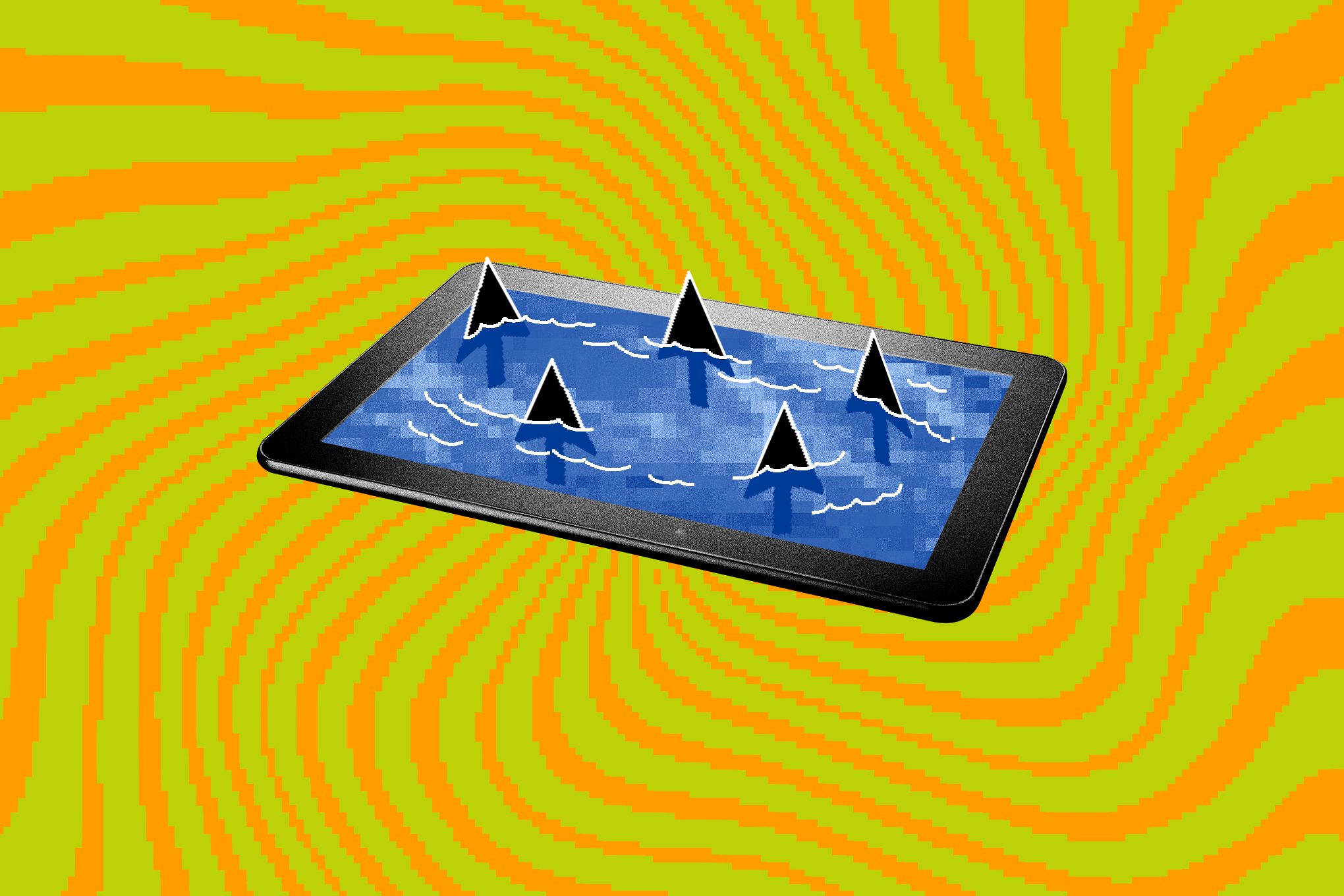
espn abc and other disney channels go More than 20 Disney-owned channels, including ESPN, ABC, and Nat Geo, have been pulled from YouTube TV after Google and Disney failed to reach a new content distribution agreement.
espn abc and other disney channels go
Background of the Dispute
The conflict between Google and Disney over content distribution is not new. The previous contract between the two companies expired at 11:59 PM ET on October 30th, leaving millions of subscribers without access to popular channels. The negotiations have been characterized by disagreements over carriage fees, which are the payments made by streaming services to networks for the right to broadcast their content. This situation has raised concerns among subscribers who rely on these channels for news, sports, and entertainment.
In a blog post published prior to the expiration of the contract, Google stated that Disney was proposing “costly economic terms that would raise prices on YouTube TV customers.” This assertion highlights the ongoing tension between content providers and streaming platforms, where the balance of power can significantly affect subscription costs for consumers. The situation escalated when Google updated its post at 11:15 PM on Thursday, indicating that Disney had indeed followed through on its threats to remove its channels from YouTube TV, which Google described as a “negotiating tactic.”
Impact on Subscribers
The removal of Disney-owned channels has significant implications for YouTube TV subscribers. The full list of channels that have been pulled includes:
- ABC
- ESPN
- ESPN2
- ESPNU
- ESPNews
- Disney Channel
- Disney Junior
- Disney XD
- Freeform
- FX
- FXX
- FXM
- SEC Network
- Nat Geo
- Nat Geo Wild
- ABC News Live
- ACC Network
- Localish
For subscribers on the Spanish plan, the following channels have also been removed:
- ESPN Deportes
- Baby TV Español
- Nat Geo Mundo
This blackout not only affects live broadcasts but also impacts recordings and on-demand content saved in users’ libraries. Subscribers who have been accustomed to accessing these channels may find themselves at a loss, particularly sports fans who rely on ESPN for live events and analysis.
Google’s Response
In light of the situation, Google has expressed its disappointment over the outcome. The company acknowledged the frustration felt by subscribers, stating, “We know this is a frustrating and disappointing outcome for our subscribers, and we continue to urge Disney to work with us constructively to reach a fair agreement that restores their networks to YouTube TV.”
To mitigate the impact of the blackout, Google has announced that if Disney’s content remains unavailable for an extended period, the company will offer subscribers a $20 credit. This gesture aims to soften the blow for users who may feel they are not receiving the full value of their subscription during this period of disruption.
Disney’s Position
Disney has also issued a statement regarding the situation. In comments made to Variety, the company accused YouTube TV of “choosing to deny their subscribers the content they value most by refusing to pay fair rates for our channels, including ESPN and ABC.” Disney further claimed that Google is “using its market dominance to eliminate competition and undercut the industry-standard terms.”
This assertion raises questions about the dynamics of the streaming industry, where larger companies often leverage their market power to negotiate terms that may not align with smaller content providers. Disney’s position underscores the ongoing struggle for fair compensation in an increasingly competitive landscape.
Historical Context
The current dispute is reminiscent of a similar breakdown between Google and Disney that occurred in 2021 when their previous contracts came to an end. At that time, negotiations also faltered, leading to a temporary blackout of Disney channels on YouTube TV. This history of conflict suggests that the relationship between these two media giants is fraught with tension, making future negotiations uncertain.
In contrast, other media companies have successfully navigated similar negotiations. For instance, NBCUniversal announced earlier this month that it had reached a renewal deal with Google, following an agreement to a short extension that prevented its channels from going dark on YouTube TV. This development highlights the varying degrees of success that different companies have experienced in negotiating with streaming platforms.
Implications for the Streaming Industry
The fallout from this dispute has broader implications for the streaming industry as a whole. As more consumers turn to streaming services for their entertainment needs, the competition among platforms and content providers intensifies. This competition can lead to better pricing and content offerings for consumers, but it can also result in conflicts like the one currently unfolding between Google and Disney.
As streaming services continue to grow in popularity, the negotiation of carriage fees will likely remain a contentious issue. Companies must balance the need to provide diverse content with the financial realities of operating in a competitive market. This balance is crucial for maintaining subscriber satisfaction and ensuring the long-term viability of streaming platforms.
Future Prospects
Looking ahead, the future of Disney channels on YouTube TV remains uncertain. While both companies have expressed a desire to reach an agreement, the fundamental disagreements over pricing and terms may hinder progress. Subscribers are left in a precarious position, hoping for a swift resolution that will restore access to their favorite channels.
As negotiations continue, it will be essential for both parties to consider the impact of their decisions on consumers. The streaming landscape is evolving rapidly, and companies that prioritize subscriber satisfaction may find themselves better positioned for success in the long run. The outcome of this dispute could set a precedent for future negotiations between streaming platforms and content providers, influencing how agreements are structured moving forward.
Conclusion
The removal of Disney channels from YouTube TV marks a significant moment in the ongoing evolution of the streaming industry. As both Google and Disney navigate this complex landscape, the stakes are high for subscribers who rely on these channels for news, sports, and entertainment. The outcome of this dispute will not only impact current subscribers but may also shape the future of content distribution agreements in the streaming world.
Source: Original report
Was this helpful?
Last Modified: October 31, 2025 at 7:37 pm
2 views















